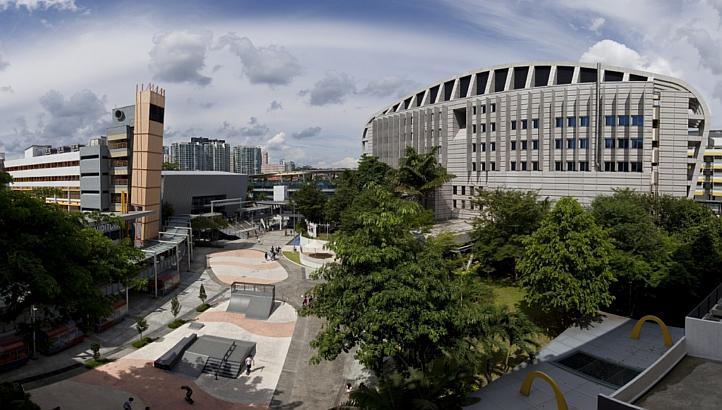Polytechnics and the Institute of Technical Education (ITE) will admit more students based on talents and interests, as they widen the focus beyond academic grades alone.
All five polytechnics will be taking their existing aptitude-based admissions up a notch, even after the intake of such students was recently expanded last year.
From the next academic year, the Early Admissions Exercise (EAE) will be able to admit up to 15 per cent of the polytechnic intake, up from the current 12.5 per cent.
This means that over 500 more places would be made available for these students, Education Minister (Higher Education and Skills) Ong Ye Kung said yesterday.
This comes after there was strong interest shown among students entering the polytechnics this year. The scheme allows students to secure a place in a programme of their choice using course-specific talents and interests, even before they sit the O levels or ITE final exams.
A similar exercise known as the ITE EAE will be put in place for those entering the ITE from next year. It will also be able to admit up to 15 per cent of the intake.
The ITE admits about 14,000 students in total each year.
“For those who are clear about what they want to pursue, we should support them as much as possible, to facilitate their admission into our PSEIs (post-secondary education institutions) based on interests and aptitudes, and not just based on academic results,” said Mr Ong.
He also highlighted how polytechnics said the scheme is useful in sectors such as early childhood, nursing, social work or creative subjects, where aptitude and commitment to the career are crucial.
Hand in hand with this will be the growing role of education and career guidance, which will help students discover their interests, and guide them in their choice of studies and career, said Parliamentary Secretary for Education Low Yen Ling.
“Because when our students understand their abilities, strengths and their interests, as well as the options available and what it takes, then our students can make better decisions about their education pathways, vocations and career choices,” she explained.
The changes come as the Government works towards transforming the higher education landscape here to cope with a changing world.
Mr Ong said: “We have an effective and internationally well-regarded education system.
“But sometimes a great strength can also be a weakness. It gives rise to a temptation to just tinker around at the edges, instead of making more fundamental but necessary changes.”
Part of the shift involves fulfilling the hopes and aspirations of students through education. This, said Mr Ong, need not be at odds with education’s aim to find good jobs and lifelong employability.
Other shifts include encouraging lifelong learning, which involves finding relevant and concise training for working adults, and helping Singaporeans adapt to a data-rich and digital working environment. Education must also impart skills and not just information, Mr Ong added, stressing the need for hands-on learning.
Mr Ang Wei Neng (Jurong GRC) and Dr Lim Wee Kiak (Sembawang GRC) noted how aptitude-based admissions give those who may not have done well in school a second chance and help reduce the overemphasis on grades.
But reflecting the concerns of parents, Dr Lim cautioned against a purely aptitude-based system, which may be too subjective as it is dependent on the assessors.


